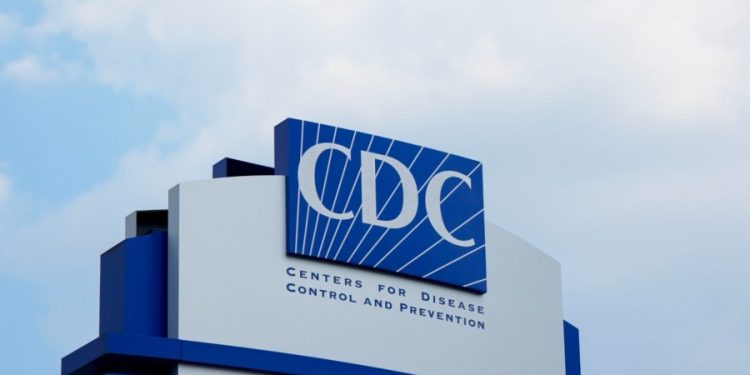The vaccine advisory panel for the Centers for Disease Control and Prevention (CDC) is planning to look into the timing of other childhood vaccine schedules, soon after it voted to delay the measles, mumps, rubella and chickenpox vaccine.
The CDC’s Advisory Committee on Immunization Practices (ACIP) shared it would be establishing a childhood and adolescent immunization schedule work group in documents updated on Wednesday.
“The Childhood and Adolescent Immunization Schedule WG has been specifically established to review data, as well as clinical and scientific knowledge related to the childhood and adolescent immunization schedule to help develop childhood and adolescent immunization schedule policy options for ACIP consideration to formulate recommendations to the Director of the CDC,” the document read.
Work groups are regularly used by ACIP to facilitate discussion on recommendations presented before the committee.
After Health and Human Services Secretary Robert F. Kennedy Jr. remade the ACIP, new committee member Retsef Levi was made head of the panel’s COVID-19 working group. Levi has regularly called for mRNA COVID-19 vaccines to no longer be administered and accused the CDC of not effectively communicating the risks of the vaccine.
According to ACIP, this latest work group will consider “new vaccine technologies and ingredients, and the rise of vaccine hesitancy.”
The work group will consider the timing and order of different vaccines, the administration of other immunizing products like monoclonal antibodies, the safety of vaccine ingredients such as aluminum and the safety and efficacy of vaccine schedules in other countries.
The members and chair of this work group were not disclosed.
Kennedy has frequently blasted what he characterizes as an overabundance of childhood vaccinations, often throwing out figures of up to 92 vaccines from infancy to adolescence.
The true figure is nebulous, dependent on a child’s health, though not likely to be in the 90s. Pia Pannaraj, a professor of pediatrics and member of the American Academy of Pediatrics Committee on Infectious Diseases, told ABC News last month that her estimate is around 33 vaccines on a standard schedule between birth and 18 year of age.
Kennedy has also long championed the theory that the mercury-based preservative in some vaccines may cause neurological issues in children, despite no evidence yet establishing a causal link at the levels that the mercury is present in immunizations today.
In September, ACIP voted to delay the use of the combined measles, mumps, rubella and chickenpox vaccine; pushed back a planned vote on the Hepatitis B vaccine; and replaced the COVID-19 vaccine guidance with individual decisionmaking.















